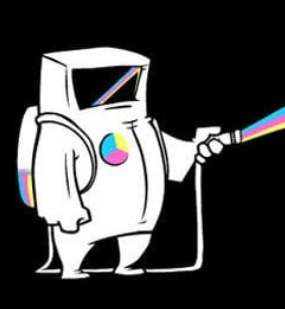Using a social perspective to autism, I would appreciate if there were a way to classify someone as autistic without calling it a disorder. Yes, we have difficulties, but from a social perspective, a lot of them come from society being structured to meet the needs of allistics. They get guidance, acceptance, and ultimately privilege of a world that is designed for them, while we have to try to meet their expectations. From this perspective, we’re not disordered, but oppressed/marginalized. How does that make us disordered?
I agree that there are different levels of functioning, and that some individuals might meet criteria for a disorder due to autism spectrum characteristics, so that would be valid. However, many individuals would function quite well in a setting that was designed to raise, educate, and accommodate autistic brains.
Anyone have any insight or ideas on this?


I would appreciate classification and diagnosis of more neurotypical quirks as disorders.
A flip in mentality, where common behaviors that are more or less detrimental are actually seen as disorders and not just the common baseline that you can either be worse than or better than.
Like you struggle to properly understand technical/nerdy things? That’s a disorder. Oh, you’re superstitious? That’s a disorder. Of course, we’d need to also frame the entire thing around a different word than disorder, as it just means different from normal and despite the actual colloquial understanding it’s technically not supposed to make a value judgement.
I’d be very interested to hear your suggestions on what could be seen as a neurotypical disorder/flaw.
That’s an interesting idea! Perhaps, the term would be “atypical” or something like that? Also, what do you think this approach would achieve? Perhaps more accommodations, understanding, or compassion for quirks?
My first reaction to the idea is that it would result in a lot of people getting diagnoses and may dilute the value/strength that the diagnosis carries, so maybe people would take it less seriously. But, if implemented in an effective manner, it may turn out to increase awareness and compassion. However, I’m interested in your thoughts to develop a more concrete personal stance on it.
I am actually thinking in the opposite direction, of choosing a word that makes a value judgment, and applying that to negative neurotypical traits.